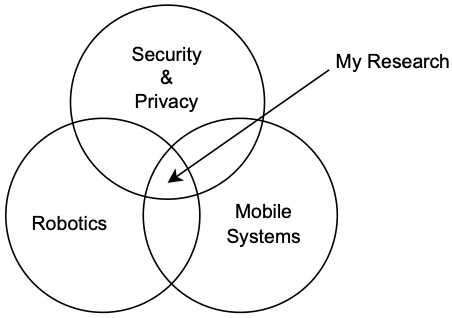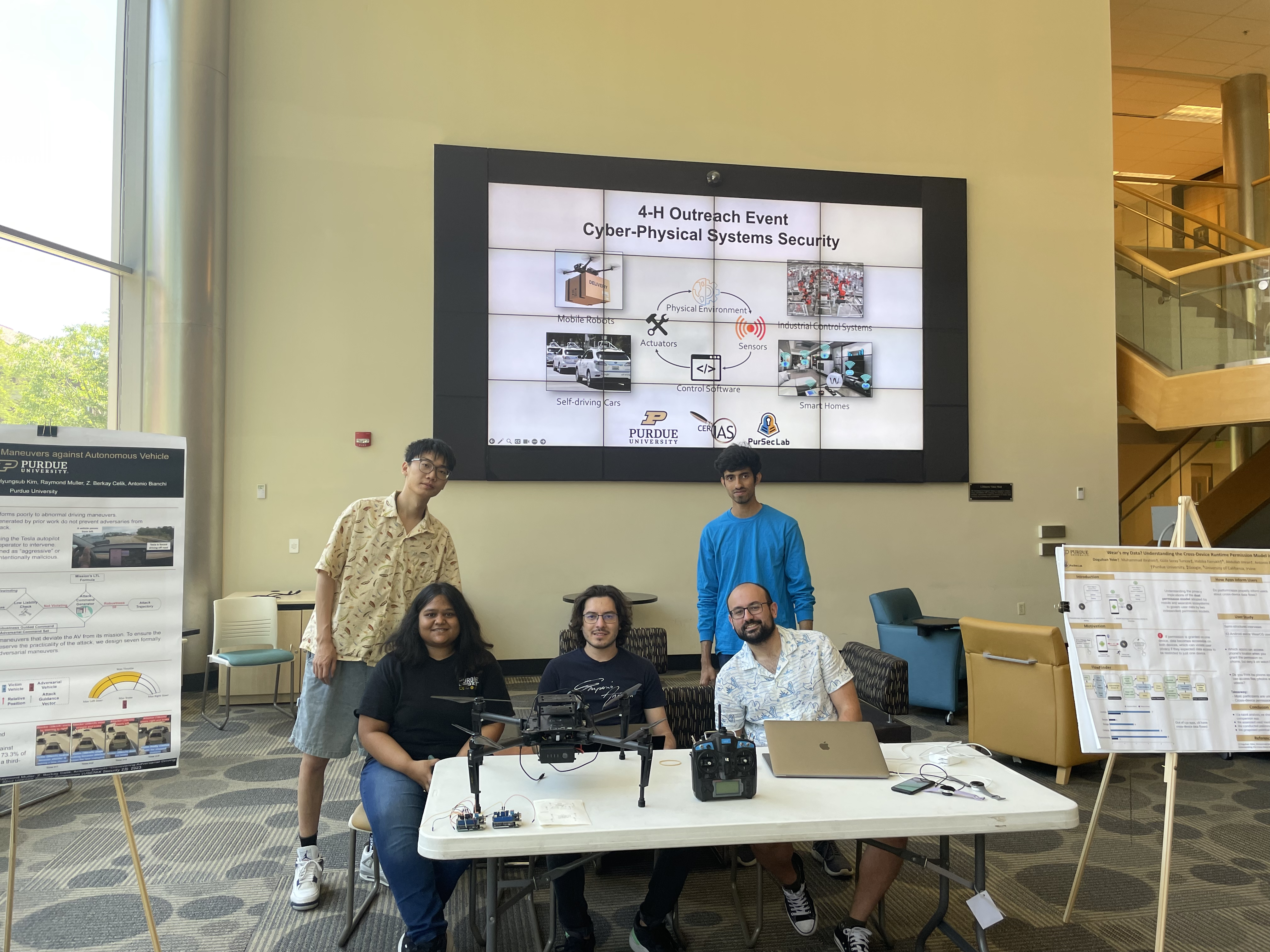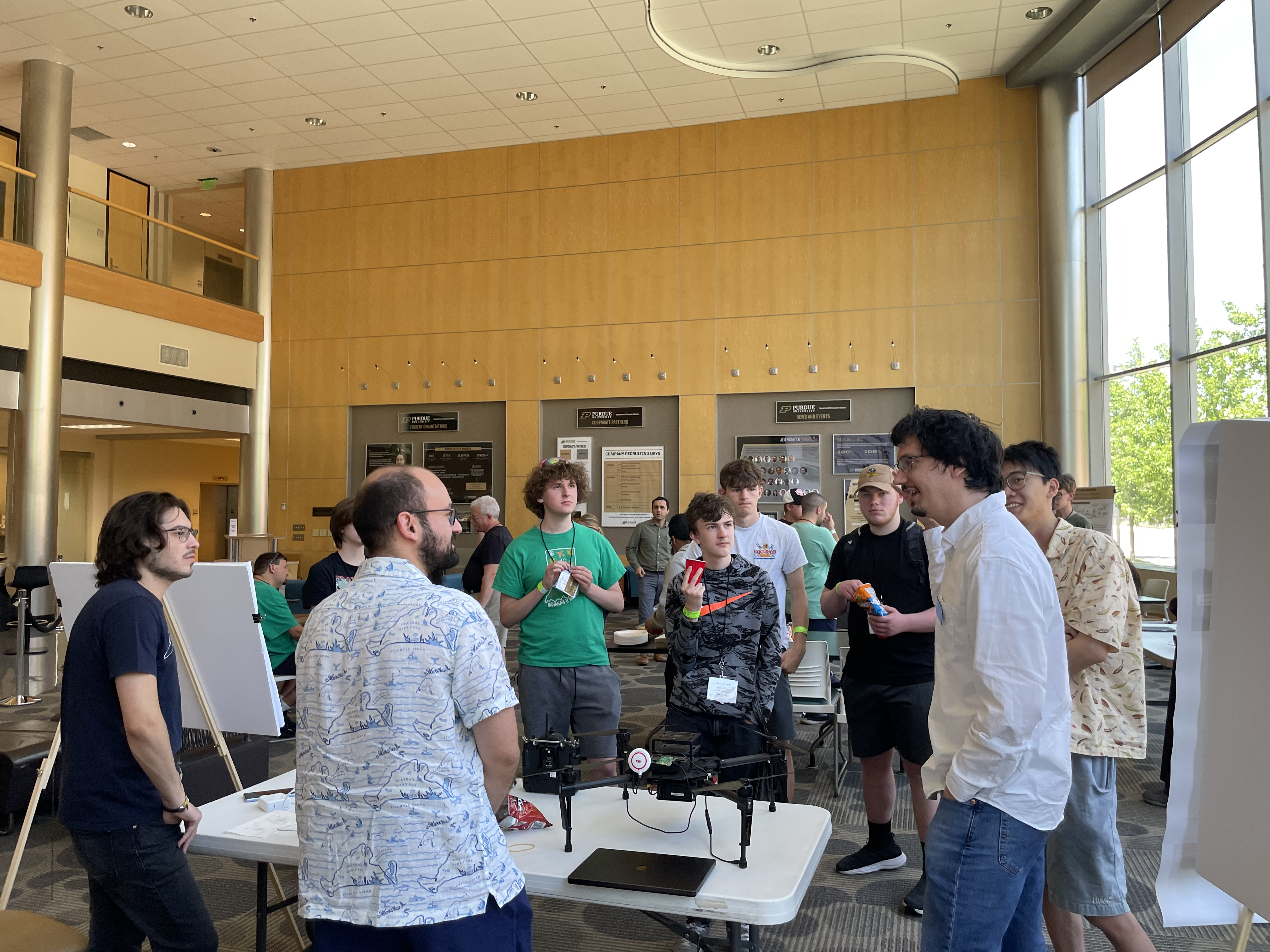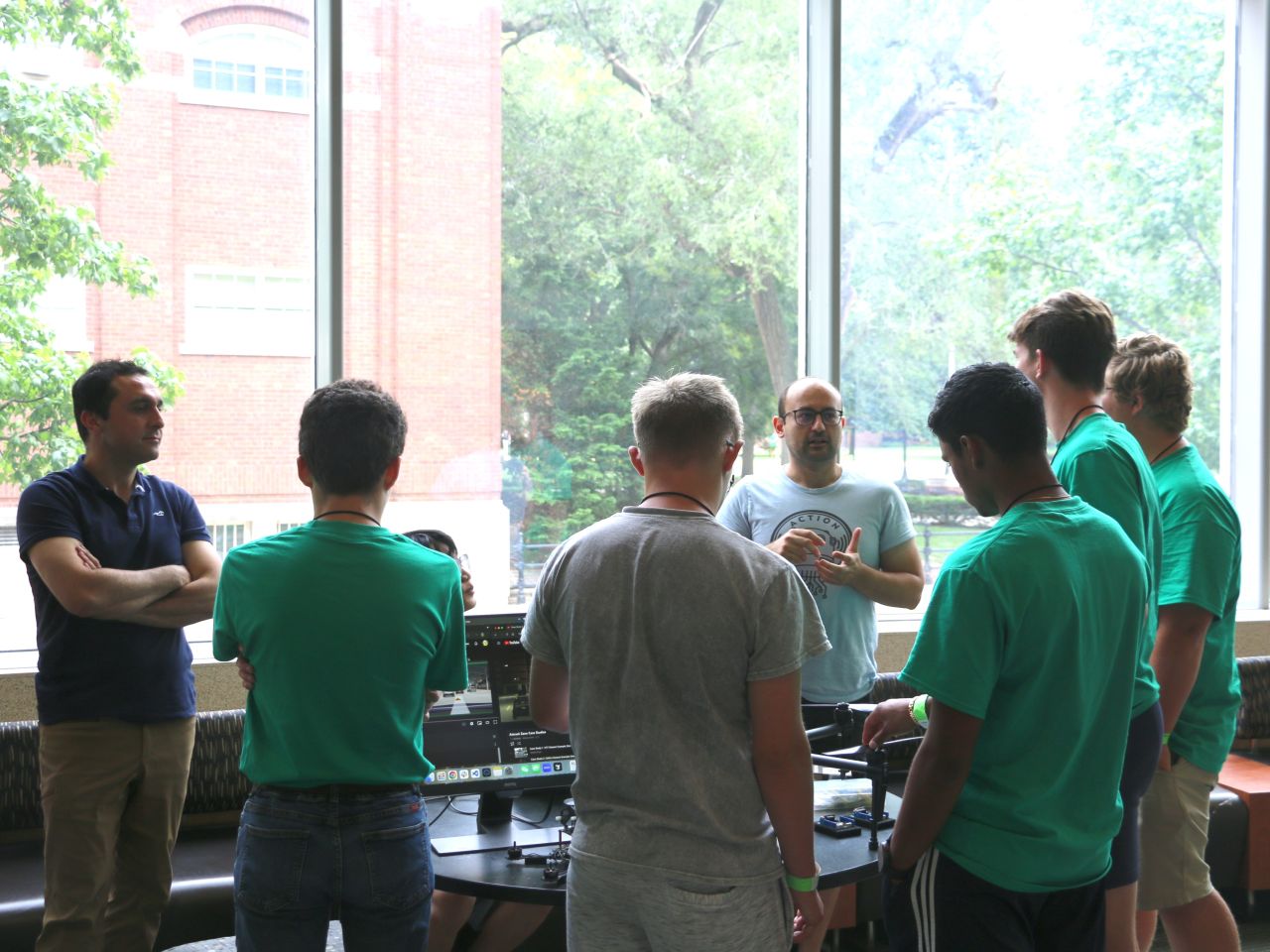About me
Currently, I am a final-year Ph.D. candidate in the department of Computer Science at Purdue University, working on computer security and system security in PurSec Lab and CERIAS. I am fortunate to be advised by Prof. Antonio Bianchi and Prof. Z. Berkay Celik. Before joining Purdue, I received my M.S and B.S from Computer Engineering department at METU in 2020 and 2017, respectively. After completing bachelor's degree, I worked at Comodo, evaluating malware detection and classification. I also interned at SAP and eNTERFACE'15 when I was undergrad.My research focuses on sensor attacks and defenses in interconnected cyber-physical systems. My research is best illustrated by my work in cyber-physical systems, including embodied AI and autonomous systems (e.g., UAVs and mobile robots) [Usenix'25], and mobile security and privacy, including wearables (e.g., smartwatches) [Oakland'24]. Recently, I have been exploring security for AI in LLM-deployed robots. Through system design, formal methods, program analysis, and human-centered studies, my research explores vulnerabilities and proposes defenses to mitigate them. I also actively contribute to open-source testbeds.

Research Interests |
- Safety and Security of Multi-robot Systems [1]
- Mobile Security and Privacy [2]
- Practical Deep Learning Applications (e.g., LLM and Agents) in Security [in progress]
- Security for AI in LLM-deployed robots [in progress]
Updates |
Had a great time at NSF AIVO! And this week… I’m officially a PhD Candidate (ABD)! 🚀
Gave a lightning talk at Midwest Security Workshop 2025. (photo)
Invited to CMU Robotics Security and Privacy Workshop.
Serving at the Student Advisory Council of NSF AI Institute for Agent-based Cyber Threat Intelligence and Operation (ACTION), 2025-2026.
Our Paper on Automated Discovery of Semantic Attacks in Multi-Robot Navigation Systems is accepted to USENIX Security 2025!
Thrilled to be named as a Windracers Fellow, 2024-2025.
We presented a poster on the use case concepts of PUP at the AIrTonomy Workshop.
Our research on Protecting Privacy in Wearable Devices is appeared at Purdue Today.
I started serving at NSF ACTION GATE 2023.
Our Paper on Runtime Permission Models on Wearables is accepted to IEEE S&P 2024!
I attended the CyberTruck Challenge!
We won the Google ASPIRE award!
We received a bug bounty!
My colleagues and I gave a talk at Google remotely as part of the Google ASPIRE project.
We presented a demo about our Sandia project.
We submitted a Bug Report to Google!
We started a project with Sandia Labs.
I started my PhD at Purdue University.
Publications[Full List*] |
Talks |
-
Automated Discovery of Semantic Attacks in Multi-Robot Navigation Systems, Invited Talk in CS 197 Freshman Honor Seminar, Purdue University, Feb 2026
Delivered a talk introducing my research on multi-robot navigation systems and their security challenges. -
Sensor Attacks and Defenses in Interconnected Cyber-Physical Systems, Lightning Talk in Midwest Security Workshop, Indiana University, Sep 2025
Delivered a lightning talk introducing my two prior works on sensor attacks and defenses in interconnected systems. -
Swarm Robots, Guest Lecturer in CS 36100: Great Issues in CS, Purdue University, Feb 2025
Delivered an invited lecture introducing drones, drone swarms, and their security challenges. Covered foundational concepts, real-world security issues, countermeasures, and future research directions, followed by an interactive Q&A session. -
Wear OS project, Android Security and Privacy Research (ASPIRE), Google (remote), Oct 2022
Presented our research on understanding permission models in wearables, with a focus on Android's evolution from install-time to runtime permissions. Discussed privacy implications and the importance of user consent for sensitive data access, in collaboration with Purdue, Google, and UC Irvine.
Bugs discovered |
- Location Privacy, awarded $500 bug bounty, Android Bug Bounty, Google [Details]
Services |
- External reviewer at IEEE S&P 2026, 2024, 2023
- External reviewer at USENIX Security 2024
- External reviewer at NDSS 2023
- External reviewer at ACM WiSec 2024
- Reviewer at TIFS 2025
Teaching |
This course introduces students to the issues in software development and the software life cycle, including models such as waterfall and spiral. It covers requirements and design specification, data flow diagrams, entity-relationship diagrams, finite state machines, and Petri-nets. Students learn about software testing (functional and structural), cost and effort estimation, and selected advanced topics such as reliability estimation, parallel program design, and verification methods. The course emphasizes the social implications of software quality and the relationship of software engineering to other disciplines.
This course covers the analysis and implementation of fundamental data structures and algorithms. Topics include running time analysis, abstract data types, arrays, linked lists, stacks, queues, trees, binary trees, searching and sorting algorithms, heaps, binary search trees, balanced search trees, hashing, union-find structures, spatial data structures, tries, string algorithms, and an introduction to graphs and graph algorithms. Students gain experience with both theoretical and practical aspects of data structures, preparing them for advanced coursework and software development.
CEng492: Computer Engineering Design
CEng489: Introduction to Computer Security
CEng350: Software Engineering
CEng331: Computer Organization
Outreach Activities |



